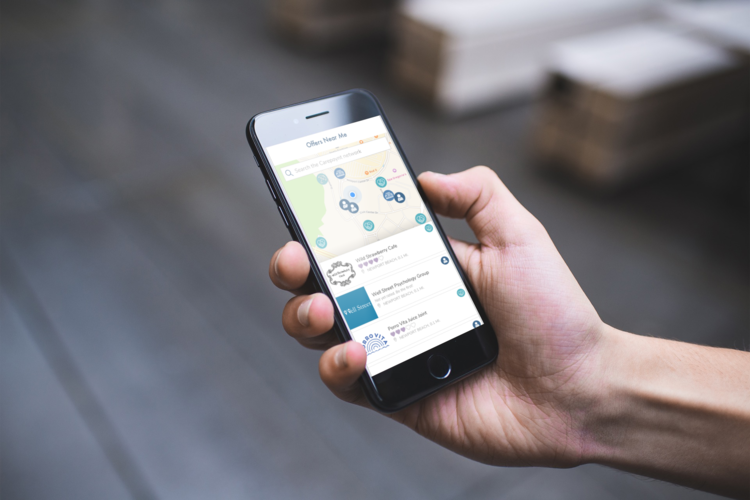Facing the Unhealthy Facts
After over four years of careful research, world-famous Gold’s Gym has confidently marked its own, upcoming “Quitter’s Day” on February ninth as a day when the majority of people who had resolved to utilize their facilities in the new year stop showing up regularly. A company statement from Gold’s reads: “February 9th is the Fitness Cliff – the day when check-ins begin to steadily decline and members begin to lose focus on their goals.”
Meanwhile, reporting from the Statistic Brain Research Institute (SBRI) backs up these findings; nearly 50 million Americans made resolutions to increase activity and lose weight in 2017—yet, two months later, only 37 percent of people in their 20s and 16 percent over the age of 50 had kept them. The figures put out by Gold’s Gym and SBRI seem to confirm the need for a modern conditioning solution to keep ourselves exercising and coming back for more – even during the most will-challenging of moments.
“We all live busy lives, but the truth is, if doctors could write one prescription for the world, it would be activity,” said Jeff Williams, Apple’s chief operating officer, in an interview with CBS News.
A Healthy Solution Emerges
As a society we clearly want to be healthier. But, too often, the real-world stressors and distractions we face can easily lead us down the path of giving up on change. However by conditioning ourselves with rewards for hitting health and fitness goals – aka positive reinforcement – change becomes a much more attractive and enjoyable option.
Now Carepoynt, a new California startup, has developed the technology to tackle the traditional fitness slump of the winter and beyond. As the world’s first health-focused rewards program, platform and network, the free program incentivizes Americans to earn rewards for making healthy decisions in the new year—with the goal of inspiring many to stick to their resolutions and avoid February’s steep “fitness cliff.”
Apps like Carepoynt use positive reinforcement to enable smarter decision-making, healthier outcomes and more rewarding results for patients, as they become better engaged and aligned consumers of healthcare. This, in turn, benefits providers, payers, employers and other partners, by enhancing the value, effectiveness and efficiency of their programs.
“It’s one more way to transition towards more value-based care,” said Lisa Bratkovich, CMO of Carepoynt. “Financially rewarding people to make healthy decisions to prevent disease throughout the year can have an immediate impact both on the wallet and on overall health—decreasing the costs to both patients, employers and medical providers.”
Available from any PC or smart device, Carepoynt puts health in the hand of consumers ready to see their commitments through. Utilizing proprietary technology, consumers and patients can earn and redeem points with trusted healthcare providers, payers, employers and strategic partners such as Whole Foods, Fitbit, GNC, F45 Training, Nike, Rite Aid, Freshly, iHealth, Amazon and Starbucks. Carepoynt members have the opportunity to create personal health plans and wellness goals – and track progress, as well as pool and share Carepoynts with members of established friends-and-family Cliques or donate Carepoynts to worthy causes and charitable organizations via Share the Care™.
In a previous interview with Herald & Review, Adrian Gore, CEO and founder of Vitality parent company Discovery Group, said “For many people, the benefits from exercise might not be apparent for a few decades. Reward programs make the payoff more immediate.”
Saving money for being healthy. That’s the type of resolution worth sticking to.
About the Author: Tim Stanley is the CEO and co-founder of Carepoynt, the world’s first health-focused rewards program, platform and network that puts consumers at the center of their own wellness experience. For more information, connect with Carepoynt @ http://connect.carepoynt.com.


